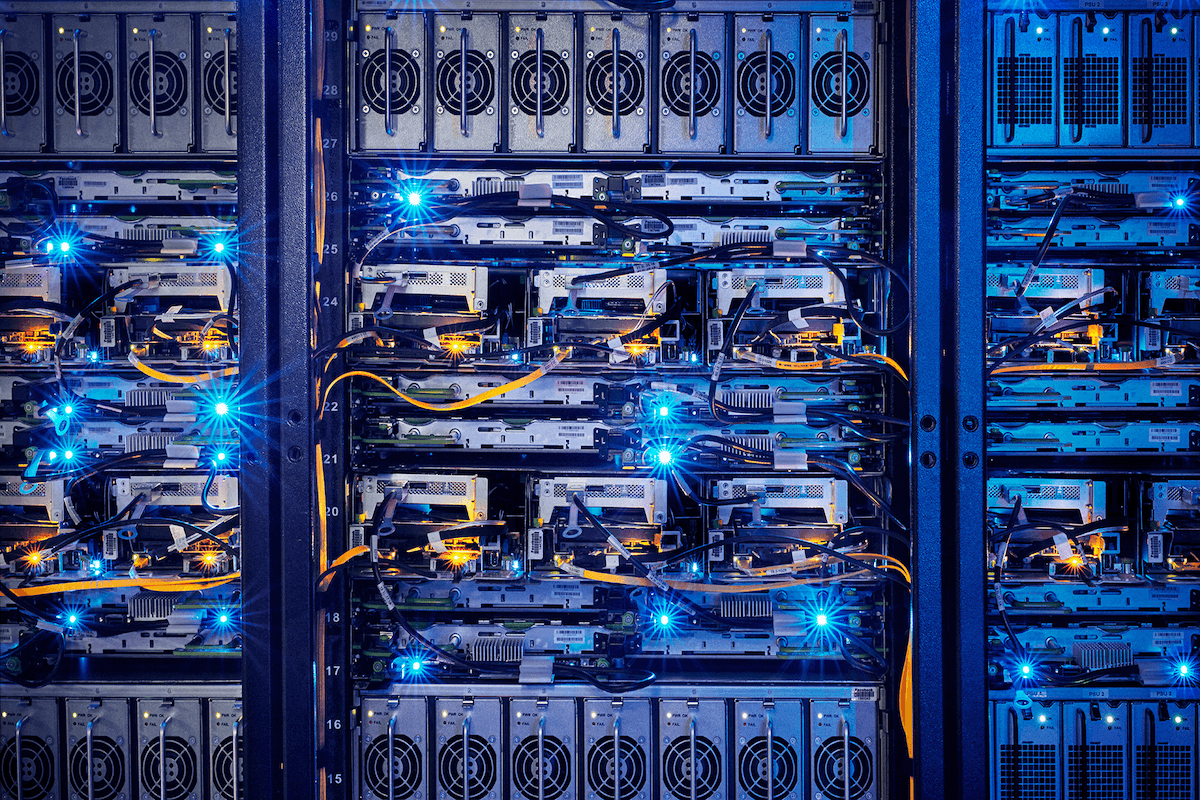Types of servers and their purpose for businesses ⭐ Overview

When building a corporate infrastructure, the most important parameter is reliability. That is why different types and varieties of servers are used during deployment to distribute loads and tasks. This way, the failure of a single component does not break the entire chain, as it is diversified.
First, it is important to define what a server is. A server is a hardware and software system designed to perform specialized tasks using specific software. Based on this definition, different types of server software are used for each type of server. Therefore, the classification of servers is built according to their intended purpose. So, what types of servers exist and what are the different server categories?
Web servers
When building corporate infrastructure, the most important parameter is reliability. That is why different types and varieties of servers are used during deployment to distribute loads and tasks. This way, the failure of one link will not break the entire chain, since it is diversified.
First, it is worth defining what a server is. A server is a hardware and software complex designed to solve specialized tasks using specific software. Based on this definition, different types of server software are used for each type of server. Therefore, the classification of servers is built according to the purpose of the server. So, what kinds of servers are there and what types of servers exist?
A web server is exactly what people usually imagine when they hear the word "server." These are the main servers of the internet. A web server combines a data storage server (stores website pages) and a database server (processes client requests for data retrieval). The primary function of a web server is to exchange data between the client (web browser) and the network. Today, there are many implementations of web servers. The modern structure of the internet includes many types of websites: for example, for an online store, renting a dedicated server is the best option, while for a news blog — renting a virtual server. Since a web server is not only, or even primarily, about hardware, the defining characteristic should be the software it runs.
Based on the software used, the most popular types of web servers (examples of web servers) are:
- Apache HTTP Server;
- Microsoft IIS Windows Server;
- Lighttpd;
- Sun Java System;
- Nginx;
- OpenServer;
- Xampp;
- Apache Tomcat;
- OpenGSE.
What is a web server or what is a web server? It is a hardware and software system that ensures websites function on the internet. The main requirements for web servers are:
- correct display of dynamic pages and their styles;
- fast processing of client requests for registration, authorization, and data retrieval;
- protection against DDOS attacks.
- correct display of dynamic pages and their styles;
- fast processing of client requests for registration, authorization, and data retrieval;
- protection against DDOS attacks.
Web servers are the most common and in-demand type of servers. What servers exist in this category? Above are the main examples of servers actively used on the internet.
File servers
Used for storing files. The task of a file server is to ensure reliable storage and access to information. For this, the most important parameters are the capacity and speed of the storage drives. What types of servers are there in this category? For example, local file servers for offices or remote ones for cloud storage.
Database servers
A database server is one whose purpose, contrary to stereotypes, is not to store data (that is the task of a file server), but to process it quickly. The main tasks of a database server are:
- processing client requests for retrieving information;
- processing information;
- modifying and structuring data cells.
- processing client requests for retrieving information;
- processing information;
- modifying and structuring data cells.
Such servers use specialized server software, for example, MySQL or PostgreSQL. The most important parameters for such servers are performance and the possibility of future scalability.
Backup servers
Backup servers are better known as backup systems. As the name suggests, their main tasks are:
- copying elements of databases or cloning databases entirely;
- restoring damaged elements or blocks of databases;
- restoring databases or systems in case of errors during updates;
- restoring databases or systems in case of code errors;
- restoring databases or systems in case of physical damage to the storage medium.
- copying elements of databases or cloning databases entirely;
- restoring damaged elements or blocks of databases;
- restoring databases or systems in case of errors during updates;
- restoring databases or systems in case of code errors;
- restoring databases or systems in case of physical damage to the storage medium.
Backup servers can be local or remote, and their main requirements are reliability and security. Types of local servers include, for example, backup servers for small businesses.
Mail servers
An essential component of a corporate network. Mail servers are responsible for identifying recipients and delivering emails to personal inboxes. The main requirements for mail servers are resistance to hacking and security. What servers exist in this category? For example, Microsoft Exchange or Postfix.
You can order a server at an affordable price from XServer. We have solutions for both small companies and large businesses. How to determine the type of server you need? Contact our specialists for consultation!